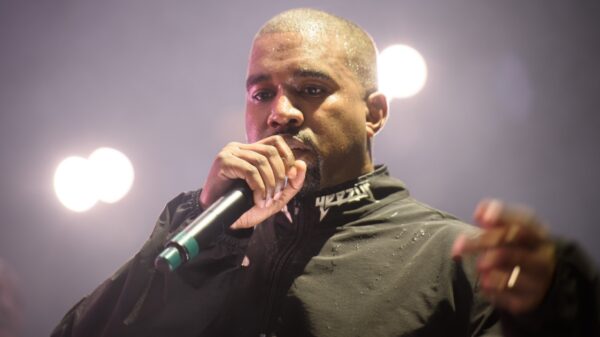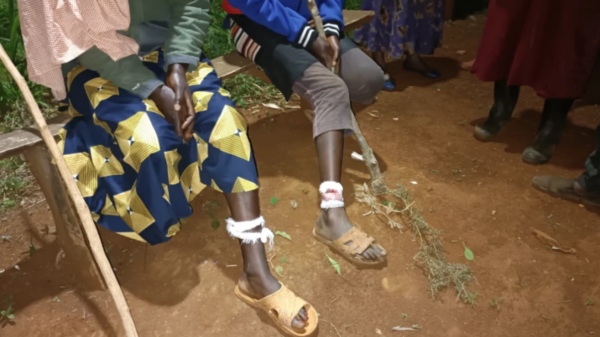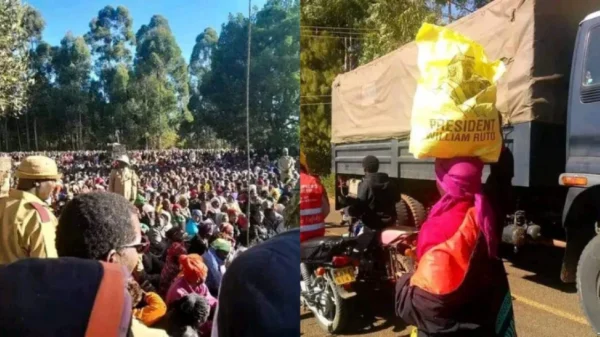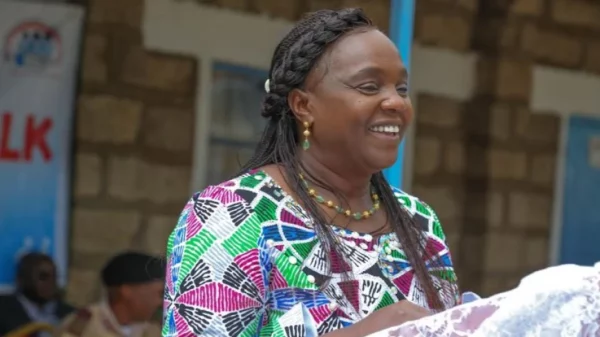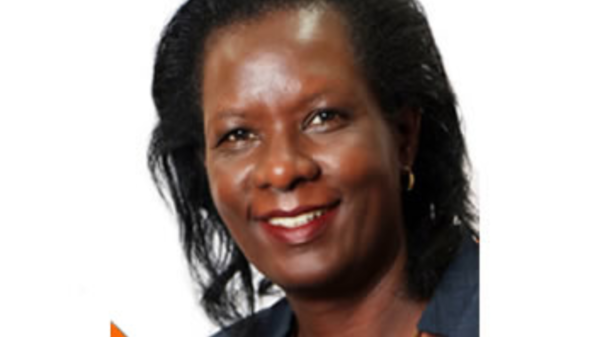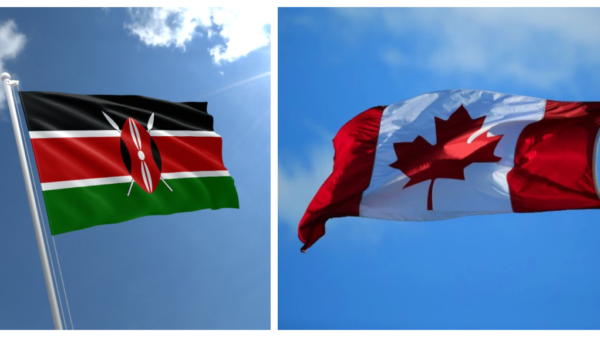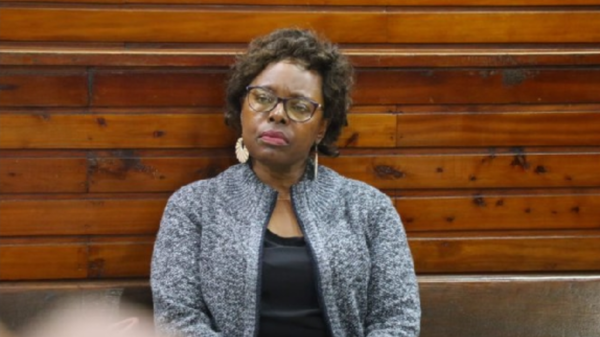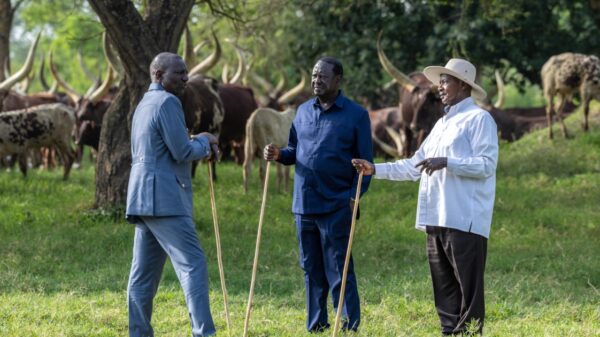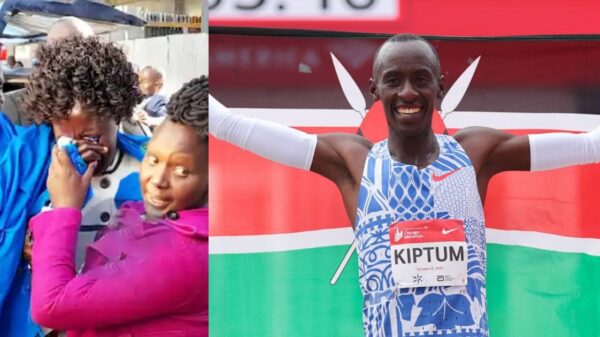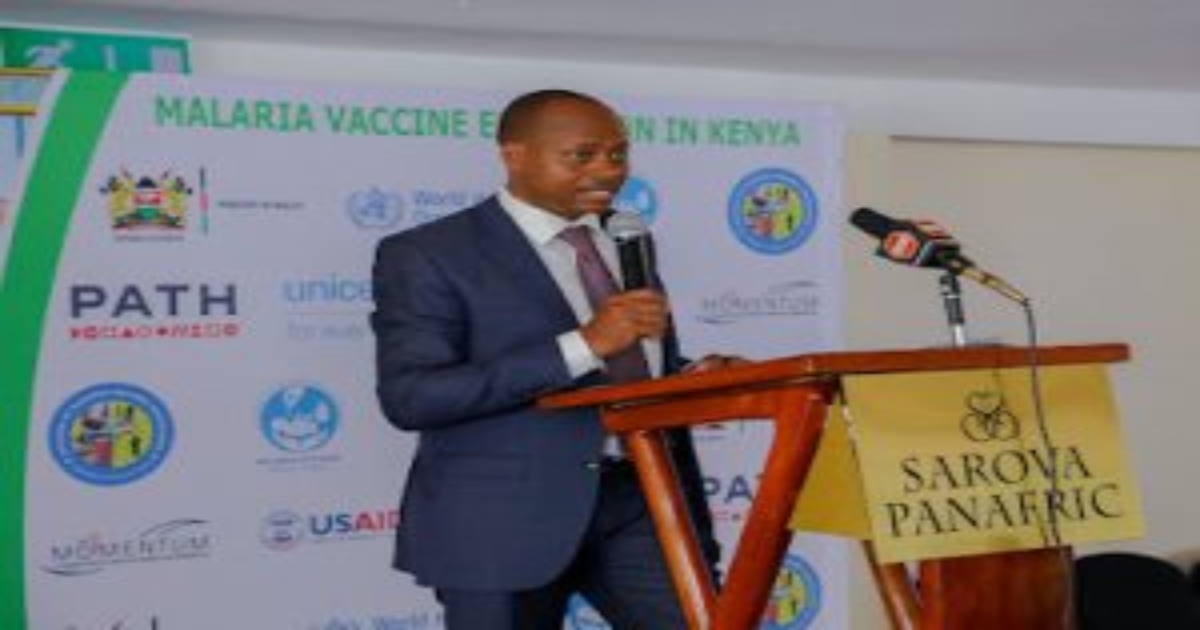- The ministry of health has been approved to expand the use of the malaria vaccine in the lake region, so as to curtail the disease’s prevalence in the area.
- The world health organization has also backed up the approval, by recommending that the vaccine be used more widely in sub Saharan Africa to recoup more children from the disease’s hostage.
- This WHO-coordinated pilot program has been made possible by a collaboration involving in-country and international partners, including the Ministry of Health, PATH, GSK, and UNICEF.
Follow us on Facebook and Twitter for real time updates
The Ministry of Health has received a green light to widen the use of the RTS S malaria vaccine in the lake region where the disease has taken many children hostage, from the Kenya National Immunization Advisory Group KENITAG.
The approval from KENITAG to expand the vaccine’s use was backed by a similar approval from the world health organization WHO which recommended a more widespread usage of the vaccine among children in sub-Saharan Africa.
Speaking during a forum yesterday at the Sarova Stanley, CS health representative Dr Andrew Mulwa said that through the days Malaria had risen to the top as a threat to the health of many Kenyan children especially for children in the prone lake region, who were below the age of two years.
However, DR Andrew expressed his joy that the vaccine would increasingly offer a helping hand as it had illustrated it’s potent to significantly reduce malaria including with the life-threatening severe malaria that greatly devastated young African children.
While the government had by 2019 managed to administer over one million doses of the four-dose malaria vaccine, approximately only 400,000 children in eight countries, have received the first vaccines. The government hence plans to broaden the program to an extra 25 sub-counties within the eight lake-endemic counties, including Busia, Siaya, Bungoma, Kakamega, Kisumu, Vihiga, Migori, and Homabay. The multiplication of the vaccine’s use in Kenya is a crucial onward march in the war against malaria which to a big extent, accentuates the country’s obligation to achieving the WHO’s expectation of lowering malaria cases and deaths by at least 90% by 2030.
“In the coming years, our objective is to continue to expand malaria vaccination to other parts of the country, as more supplies of the vaccine become available,” said Dr Lucy Mecca, Head of the National Vaccines and Immunization Program.
Dr Susan Nakhumicha Cabinet Secretary for Health, said that with the project’s launch, more children’s lives were going to be saved as they would keep pushing for the success of the program even beyond the 2023 financial year.
“We are thrilled to announce today that more children in Kenya will be able to benefit from the life-saving protection offered by the world’s first malaria vaccine,” said Dr. Susan Nakhumicha Wafula. “We will continue to expand availability of the vaccine beyond 2023, including by applying along with other countries for support from Gavi, The Vaccine Alliance, for subnational use of the vaccine in areas of greatest need,” she added.
This WHO-coordinated pilot program has been made possible by a collaboration involving in-country and international partners, including the Ministry of Health, PATH, GSK, and UNICEF.





